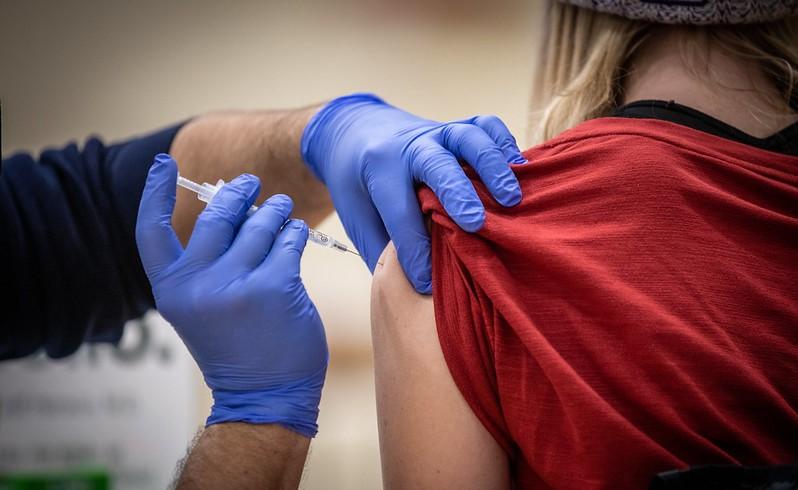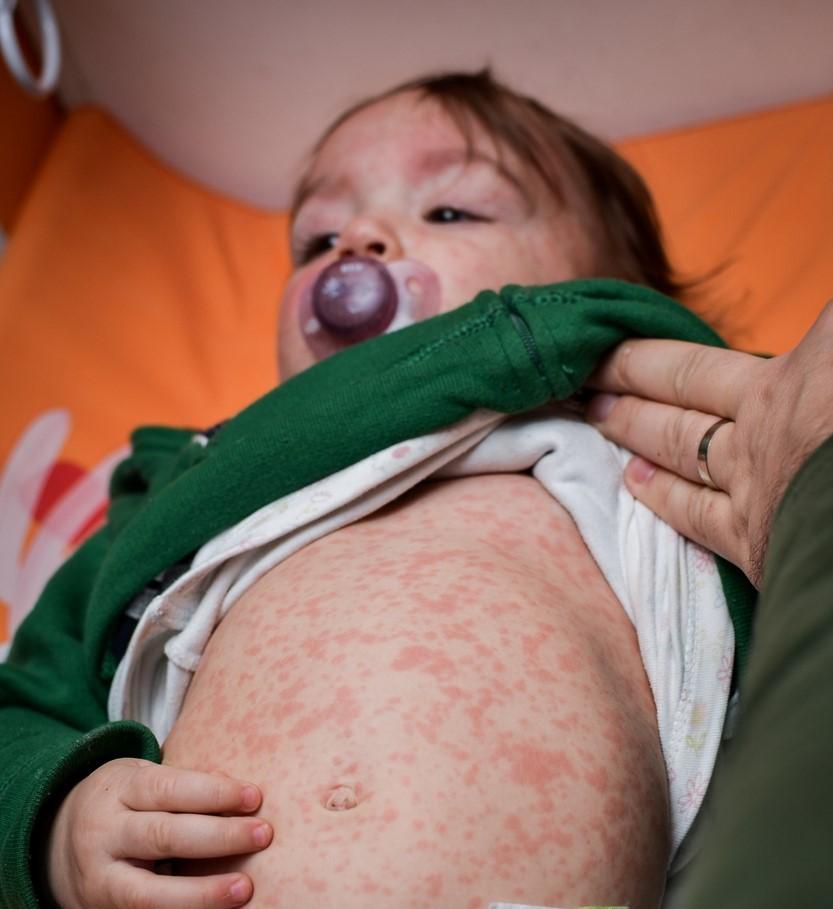
Researchers show that the passage of a bill in New York state that banned nonmedical vaccine exemptions for school entry was associated with an increase in vaccine uptake outside of New York City, according to a study late last week in JAMA Network Open.
The bill, Senate Bill 2994A, was passed by state lawmakers in June 2019 after two large measles outbreaks in the state almost removed the country's measles elimination status. The bill was effective immediately and did not excuse students with existing nonmedical exemptions from compliance.
The study was based on school immunization compliance data from the 2012-13 through 2021-22 school years. Included were all public and private schools outside of New York City to look at trends in both school vaccine coverage (defined as the percentage of students at each school who completed grade-appropriate requirements for all required vaccines) and medical exemption uptake (defined as the percentage of students at each school who received a medical exemption), the authors said.
A total of 3,632 schools were including in the final analysis.
Small but significant immunization increase
The post-2019 implementation of Senate Bill 2994A was associated with absolute increases in mean vaccine coverage of 5.5% (95% confidence interval [CI], 4.5% to 6.6%) among nonpublic schools and 0.9% (95% CI, 0.7% to 1.1%) among public schools.
The authors estimate Bill 2994A resulted in an annual mean increases of 1.0% among nonpublic schools and 0.3% among public schools estimated through the 2021 to 2022 school years, and the increases were statistically significant.
A legislative repeal of school-entry nonmedical vaccination exemptions can be effective in increasing vaccination compliance without replacement by new medical exemptions.
"These findings suggest that a legislative repeal of school-entry nonmedical vaccination exemptions can be effective in increasing vaccination compliance without replacement by new medical exemptions,” the authors concluded.










